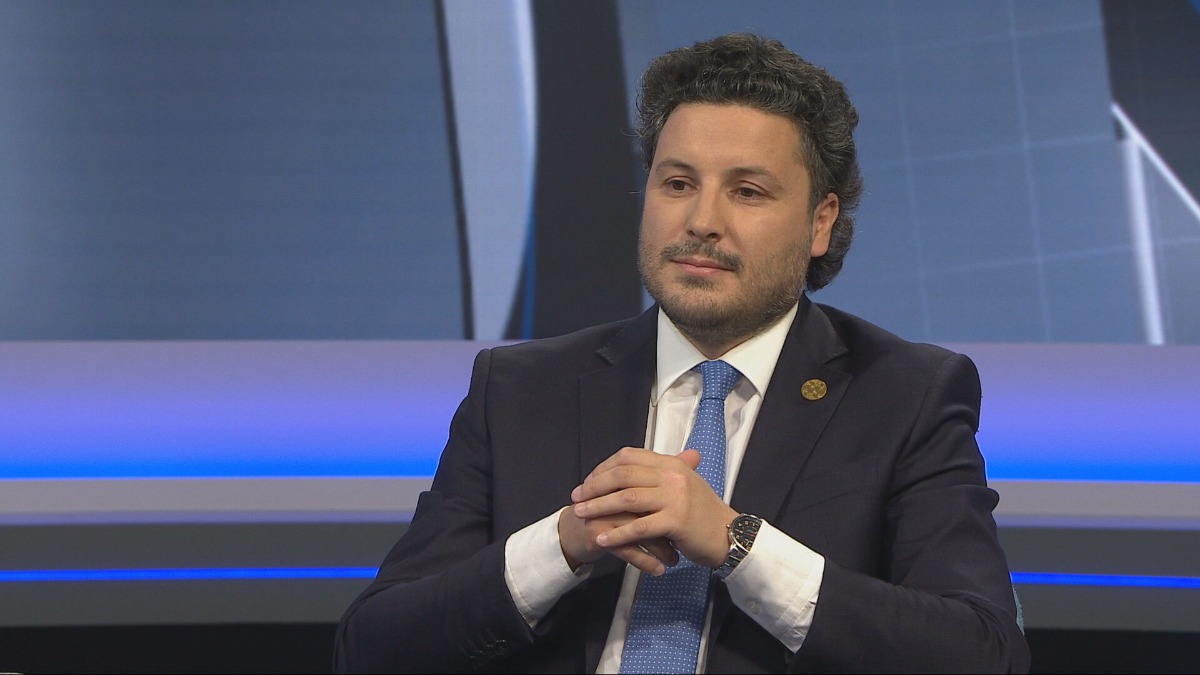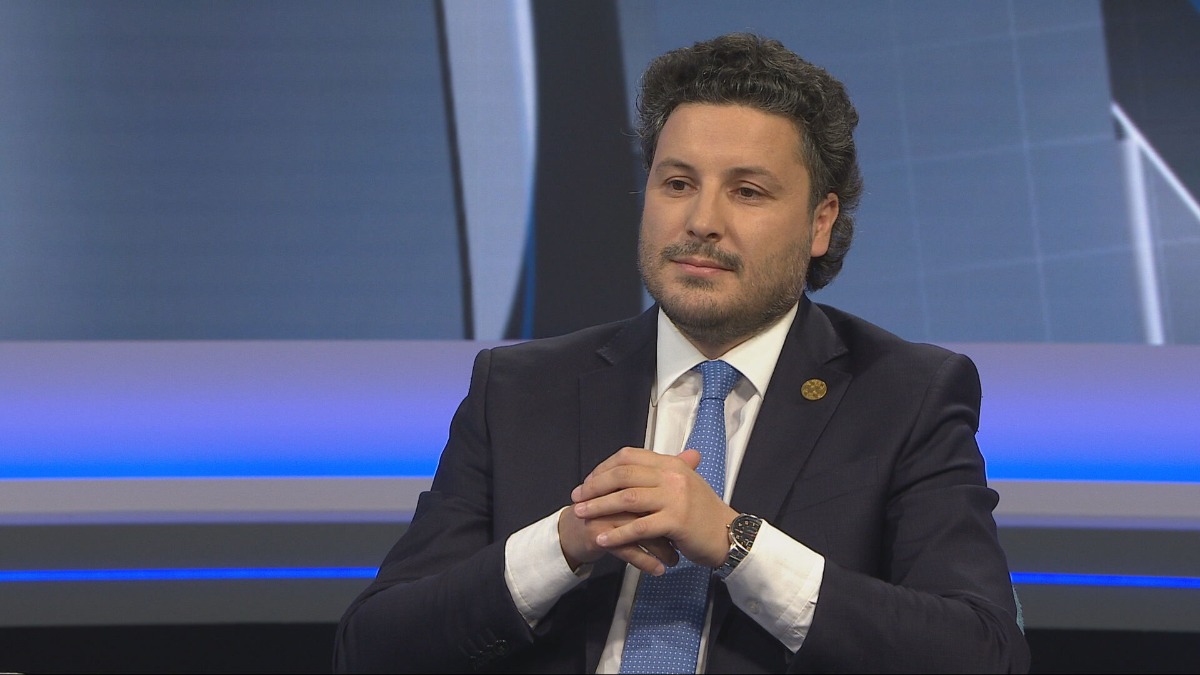GP URA at a Crossroads: Abazović Slams Government and Announces New Political Course!
Are you ready for a political shake-up in Montenegro? Dritan Abazović, leader of the civic movement URA, spares no words as he announces a total change in his party’s course. Ahead of the congress that will elect new vice presidents and a political director, Abazović calls the current government a “devil’s alliance” and accuses it of selling out the country.
Devil’s Alliance and Selling Out the Country
Abazović openly expresses dissatisfaction with the current government. He calls it a “stable devil’s alliance” and claims the goal of current politicians is to burden Montenegro with debt. The recent decision to approve a 50 million euro loan for EPCG only confirms his claims. “These people won’t part ways until they gnaw the country to the bone,” Abazović warns.
Criticism of Local Elections and Civic Option
According to Abazović, the last local elections in Nikšić marked a defeat for civic Montenegro. He warns about the collapse of the civic option and the rise of extremism, which, he says, has taken over where the center once stood. “Everything the citizens wanted has gone down the drain,” the URA leader states.
Internal Changes in URA and New Leaders
At the upcoming congress, URA is introducing novelties — electing a deputy president and a political director, which was not the case before. Abazović emphasizes that functions are not decisive and that the party operates as a team. Still, it’s clear he wants to refresh and strengthen his political team, especially after internal conflicts and criticism of some members.
European Integration Under Pressure
Abazović is candid about European integration. Although Montenegro closed three out of six chapters last year, only one was closed this year. He accuses the parliamentary majority of “shooting themselves in the foot” by voting for the Jasenovac resolution, which, according to him, slowed down the process.
Investors Disappointed, Government Under Pressure
The UAE agreement and investments are also criticized. Abazović claims investors are angry and disappointed due to the government’s poor performance, which, he says, created problems for investors and complicated their business. He especially notes that negative media coverage has given Montenegro a bad reputation, further deterring potential investments.
Political Circus and Leaders with ‘Skill’
Abazović spares no criticism for political opponents either. Andrija Mandić, once in his circle, is now, according to Abazović, the “leader of the parliamentary majority circus” and uses his skills to become the strongest politician, though Abazović does not approve of his moves. He also criticizes Spajić and Bečić, claiming they are politically “wiped out” and now just follow Mandić.
Conclusion: Can URA Return to Its Former Glory?
Abazović clearly states that URA’s goal is not just a change of power but to return things to the level of 2016, when the electoral process was transparent and met Western standards. But is that possible in the current political climate? Will the new program and innovative policies bring a turnaround, or will the civic option collapse even further?
Got thoughts on this political rollercoaster? Drop a comment — maybe your take will spark a fresh debate or at least give someone a good laugh who’s tired of the political circus!












